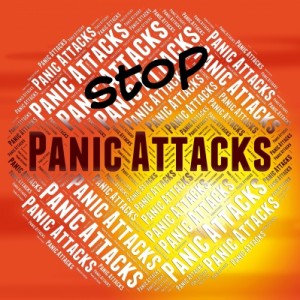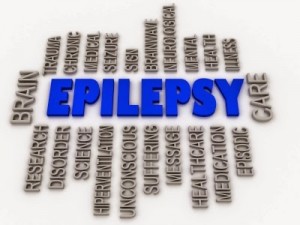While it is normal to feel anxiety during certain stressful life situations, anxiety disorders affect a person on a daily basis, causing anxiety and fear when there may not be an obvious cause or reason. Panic disorder refers to someone who’s fear response is not functioning the way it normally should, causing physiological symptoms accompanied by intense anxiety.
The human brain uses a certain set of skills in order to function at an optimal level. The frontal lobe of the brain is responsible for the ability to perform higher order tasks, otherwise known as executive functions. When these are not working properly, completing even simple tasks can be challenging.
Test-taking can be one of the hardest parts of being a student. From the countless hours of studying to the pre-test anxiety, tests can be stressful and difficult. However, there are certain ways to prepare for tests and tips on taking teststhat can help you succeed. Here are 5 ways to help improve your test scores:
Epilepsy is a group of neurological disorders characterized by the recurrence of seizures. Many different types of epilepsy exist, all having various different causes and symptoms. When the brain experiences abnormal electrical discharge from cortical neurons, this causes seizures occur. There are six different types of generalized seizures.
Bipolar disorder is a mood disorder that affects about 3% of the population. Identified by episodes of unusually intense depressive moods countered by extremely elevated, amplified moods at equal intensity, bipolar disorder has one of the highest risks for suicide. Although the cause of bipolar disorder has not been completely identified, most doctors agree that bipolar likely stems from genetics in combination with environmental factors and/or is triggered by traumatic life events or experiences. Some people with bipolar begin experiencing symptoms in their childhood years, but most often, symptoms of bipolar appear during the late teen years, as at least half of bipolar cases begin before the age of 25.









